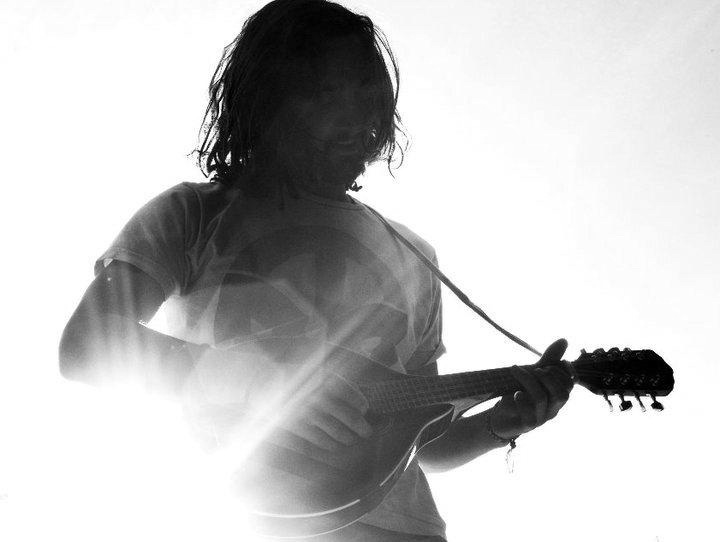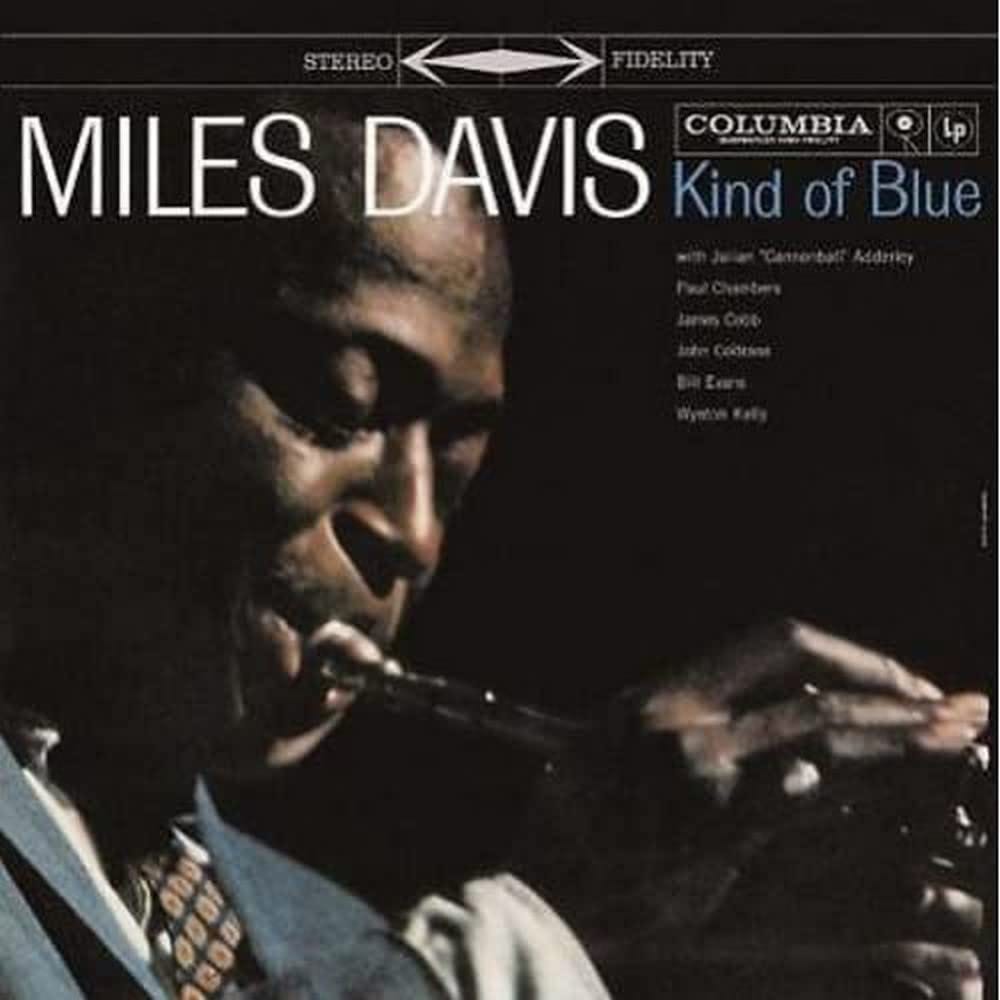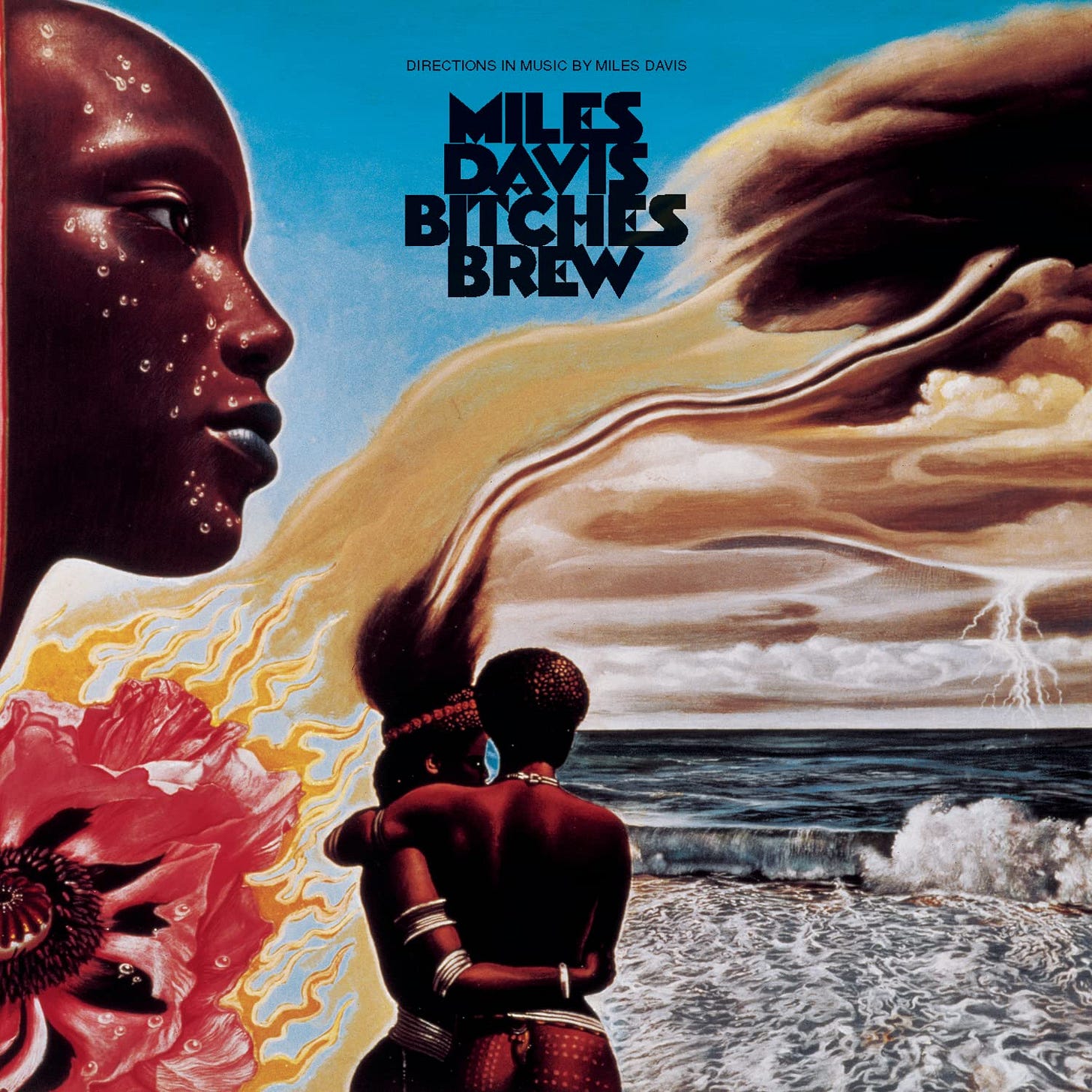First, a shoutout to Brendan Leonard who runs the always thought-provoking and often hilarious site Semi-Rad for mentioning this newsletter. If you like being outside / being creative / or just being human, do yourself a favor and check it out—you won’t regret it.
And welcome! to everyone who recently found Routed and subscribed. It’s great to have you here.
Now, let’s get to it . . .
Even though I’m a writer, I tend to go for music when thinking about creativity. In writing workshops, most people name the best of literati while I’m in the corner dropping obscure references to the Grateful Dead.
This likely has to do with my unrealized desire to be a successful musician; but, also, approaching an idea from a unconventional angle, with a fresh and alternative lens, often reveals things you wouldn’t otherwise notice.
So, I do this with writing, but it applies to most of life, as well—by using the widest definition of “creativity.”
This seems relevant, most of all, when things get a little stale, a little too predictable, when you need to shake it up. To offer some musical examples:
When Neil Young was contemplating the follow up to his legendary album, Harvest, the tastemakers wanted more acoustic songwriting, another ‘Heart of Gold.’ But Neil had other ideas. Instead of recreating the songs that made him famous, he rejected the pop and recorded the raw and grungy album, Tonight’s the Night. If you haven’t heard this, I’d suggest the title track.
Neil later said of the record: “It’s the closest I’ve ever come to making art.”
I wonder if it felt like art exactly because of how it came to be. While standing atop the success of Harvest, did turning his back on the folk music, in and of itself, make it “art”? (It’s worth saying, if anyone doubted he could’ve made more folk, twenty years later he released Harvest Moon which is, in fact, incredible.)
Neil Young has never seemed to care what other people think, and his idiosyncratic styling surely has much to do with his rightful place in music history. But there’s another musician who took that penchant for reinvention even further . . . that is, Miles Davis.
Listen to Kind of Blue and Bitches Brew and try not wonder how the same person made this music.
The jazzman famously played with his back to the audience, like some physical manifestation of the music itself—the only other artist I can think of who so radically changed their style time and time again was Picasso—yet, despite the vast differences throughout his career, it always sounded like Miles. One note on his trumpet, especially with that Harmon mute, and you just know.
This begs the question: How do you stay authentic through reinvention?
I hate the world authentic. It’s been batted around for so long that it’s nearly lost all meaning. Nevertheless, here’s my definition: taking a stand while keeping an open mind.
You can't be everything to everyone, and those that try are either lame, phony, or both. That's the whole taking a stand thing. I've always thought that you're doing something right if you rile people up, either for or against you. But that’s nothing without an open mind. Those not willing to listen to opposing arguments are ignorant and uninformed. Obviously, that doesn't mean you have to agree; hearing out someone else with a different point of view often serves to strengthen your own convictions. Anyone who is scared to hear something different probably isn't too sure of themselves to begin with.
In other words, authenticity is another way of saying that the what-you-make / who-you-are must first cast a wide net, taking in all kinds of experience and blending it together to produce a unique result. A magic potion of sorts—and we are the potion.
One more example:
Bob Dylan—a student of Woody Guthrie, who in turn was a student of countless unknown folk singers he met while rambling the country—took history and formed something entirely his own. And he’s as authentic as they come. You don’t have folkies calling you “Judas!” because you’re playing to their wants and desires.
The truth is people know what they know and, generally, just want more of the same.
Dylan going electric is the same as Neil Young putting out Tonight’s the Night and Miles Davis’ endless parade of music that redefined jazz. In short, they did it because they wanted to do it, they had to do it, understanding that people would catch up sooner or later.
This all makes me think of Henry Ford’s line: “If I had asked people what they wanted, they would have said faster horses.”
Most people think of horses. Here’s to auto-mobiles.
-Martin






A writer, whether of music or prose or poetry, spills their heart out into the public for everyone to take in. First, that takes courage. Second, our hearts don't always spill the same type of material. And that requires even more courage. You just have to have a thick skin to be a writer.